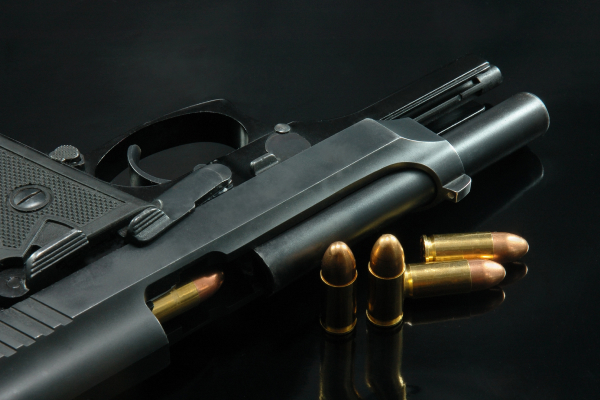
Carrying a concealed firearm comes with responsibilities. However, even experienced gun owners can face accidents. A concealed carry accidental discharge happens when a gun fires without intent. This can lead to serious injuries, property damage, or even death.
Good Guys Injury Law helps victims of negligent discharges caused by carelessness or defective weapons. You should know your rights if you or someone you know has been injured. We will explain the risks, causes, and actions you can take to protect yourself or seek compensation.


Contact Good Guys Injury Law for Your Free Personal Injury Case Consultation
Table of Contents
Risks of Accidental Discharge With Concealed Carry Firearms
Carrying a concealed firearm can increase the risk of accidents if safety precautions are not followed. An unintentional discharge might happen during everyday actions like sitting, holstering, or removing the weapon.
Understanding these risks is key to avoiding harm. Here are the most common scenarios that lead to accidental discharges:
Common Scenarios Leading to Accidental Discharge
Accidental discharges with concealed firearms often occur due to simple mistakes or oversight. One common cause is improper holstering, where the trigger guard gets caught on clothing or other items. This can cause the gun to fire unexpectedly. Carrying a loaded firearm without a secure or proper holster also increases the chances of accidents.
Another scenario involves failing to keep a finger off the trigger while handling the gun. A momentary slip can result in an unintentional discharge, putting everyone nearby at risk. External factors, like an object obstructing the holster which can interact with the trigger and lead to accidental discharge.
Such incidents highlight the importance of following strict firearm safety rules and using high-quality equipment. Even minor errors can result in severe consequences, including injuries or death.
Consequences of Discharge in Public or Private Spaces
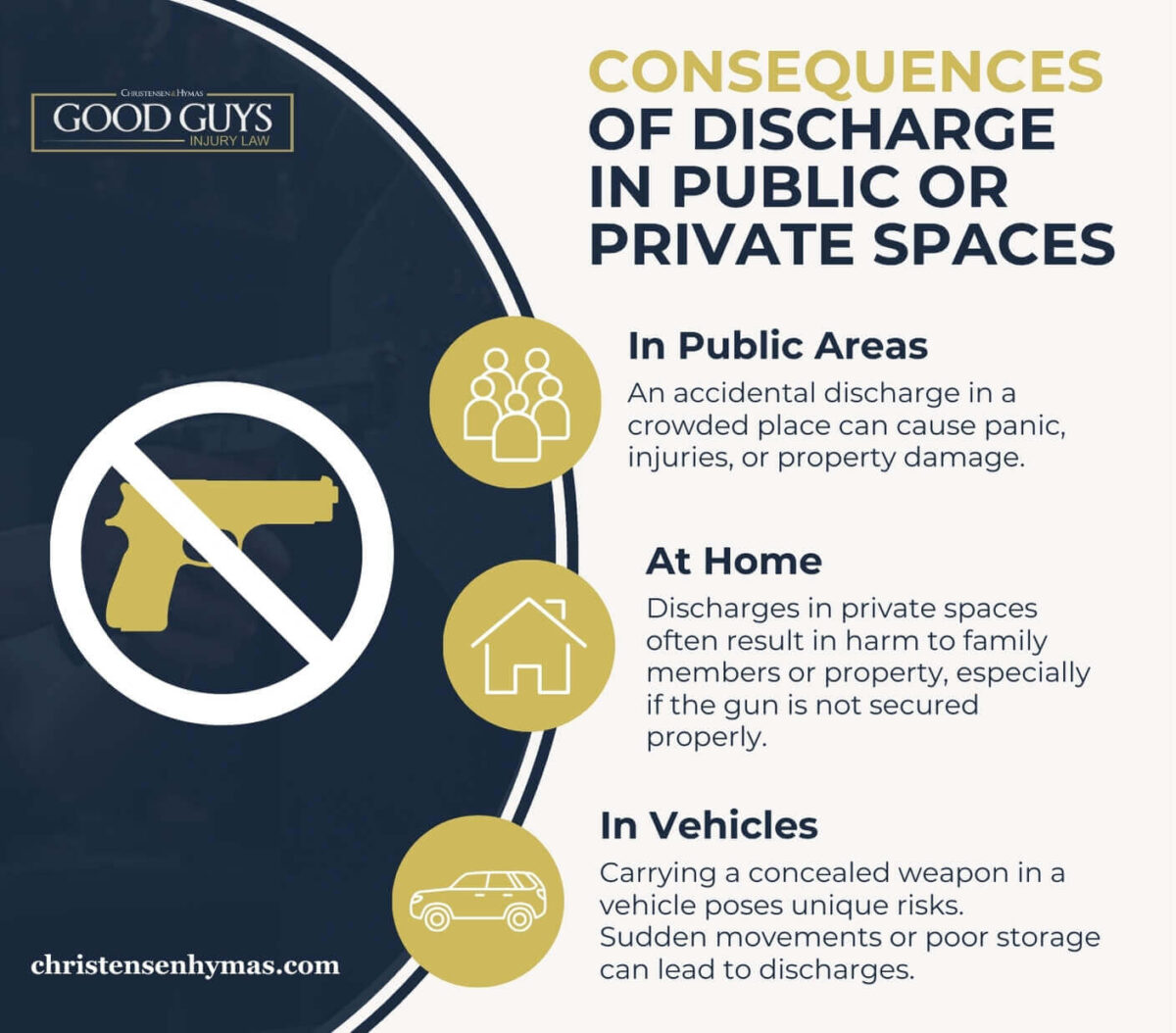
- In Public Areas: An accidental discharge in a crowded place can cause panic, injuries, or property damage. This might also lead to legal consequences.
- At Home: Discharges in private spaces often result in harm to family members or property, especially if the gun is not secured properly.
- In Vehicles: Carrying a concealed weapon in a vehicle poses unique risks. Sudden movements or poor storage can lead to discharges.
Importance of Proper Firearm Storage and Handling
Proper storage and handling of a concealed firearm are critical for preventing accidents. Using a proper holster that fully covers the trigger guard reduces the risk of the trigger being pulled unintentionally. It is equally important to store guns in a secure location when not in use, away from children or untrained individuals.
Following firearm safety rules, like keeping the gun unloaded when not in use and pointing it in a safe direction, also helps avoid accidents. Regular maintenance and inspections ensure the firearm is functioning properly, preventing issues like mechanical malfunctions.
By practicing safe concealed carry, responsible gun owners can minimize the chances of an unintentional discharge. These precautions are simple but effective in protecting everyone around.
Causes of Accidental Discharge in Concealed Carry
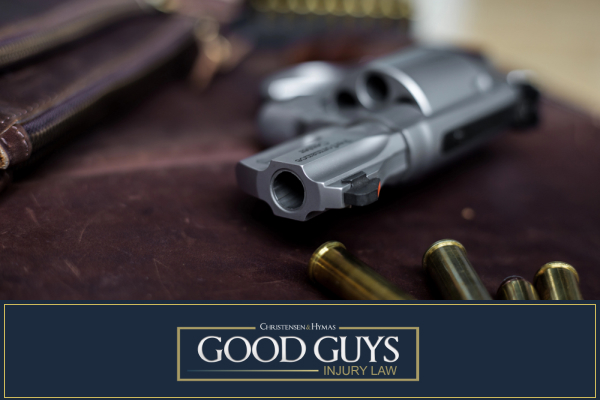
Accidental discharges with concealed firearms often happen due to a combination of user mistakes and equipment issues. These incidents highlight the need for proper training and reliable equipment.
Here are the main causes of accidental discharges in concealed carry situations:
Faulty or Poorly Maintained Firearms
A poorly maintained or defective firearm can lead to an accidental discharge. Over time, wear and tear on critical parts like the trigger guard or firing pin may cause malfunctions. Regular cleaning and inspections are essential to make sure the firearm is safe to use.
In some cases, a mechanical malfunction can cause the gun to fire without warning. This can happen if the gun’s design is flawed or if it hasn’t been repaired properly. For concealed carriers, these issues can pose significant risks, especially if the firearm is carried loaded.
Owners should also check for recalls or warnings from manufacturers. Faulty guns can harm the user or others, leading to serious injuries or legal issues. Ensuring the firearm is in good condition reduces the chances of an unintentional discharge.
User Error During Holstering or Handling
Improper handling is one of the most common causes of accidental discharges. For concealed carriers, holstering the gun requires extra caution. If the trigger guard is not fully covered or something catches on the trigger, the gun might fire unintentionally.
Keeping your finger off the trigger is a critical step in preventing mishandling. Many accidents occur when users accidentally pull the trigger while adjusting their holster or drawing the firearm. Using a proper holster that secures the weapon safely can reduce these risks.
Errors during handling can lead to injuries, property damage, or even legal consequences. Following firearm safety rules and practicing proper handling techniques are essential for anyone carrying a concealed weapon.
Lack of Training in Concealed Carry Protocols
Carrying a concealed firearm requires knowledge and training. Without proper instruction, users may not know how to safely handle their weapons. This lack of training can result in mistakes, such as improper storage, mishandling, or failure to follow firearm safety rules.
Many accidents occur because users do not take the time to learn concealed carry protocols. For example, failing to inspect the weapon regularly or using a holster that doesn’t secure the gun can increase the risk of an unintentional discharge.
Attending firearms courses and practicing safe handling habits can greatly reduce these risks. Proper training helps ensure that every action, from holstering to drawing, is performed safely and responsibly.
What Should You Do if You’re Injured by an Accidental Discharge?
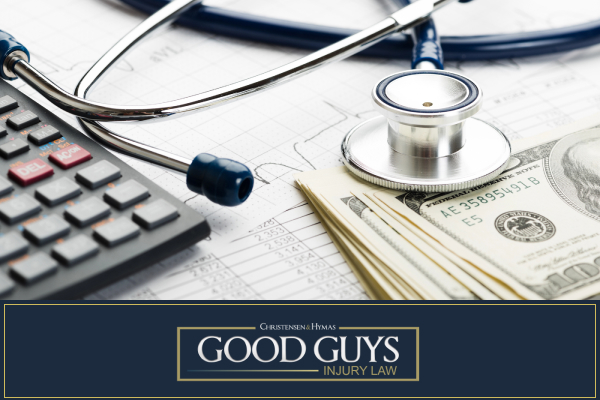
Take quick action if an accidental discharge injures you. First, get medical help right away. Even small injuries can become worse without treatment. Make sure doctors document your injuries, which can help your case later.
Next, report the incident to the police or proper authorities. They will create an official record of what happened. Keep all documents, including medical bills and reports, as they are vital evidence.
If the injury was caused by another person’s mistake or a faulty firearm, you may be able to file a legal claim. Speak with a lawyer to know your rights. A lawyer can guide you, help prove fault, and work to get compensation for your medical bills and other losses. Acting quickly gives you the best chance to recover damages and hold the responsible party accountable.
The Value of a Personal Injury Case
A personal injury case helps victims recover costs after an accidental discharge. These cases provide compensation for:
- Medical bills: Covering immediate and long-term healthcare costs.
- Lost income: Accounting for time away from work due to injuries.
- Pain and suffering: Addressing emotional and physical trauma caused by the incident.
In the vast majority of cases, these accidents occur due to negligence, such as mishandling a firearm or failing to follow basic safety rules. If someone else’s mistake, like a negligent discharge, caused the harm, they should be held responsible.
For example, failing to keep a trigger finger off the trigger while handling a loaded weapon is a common error that leads to unintentional harm. Even trained individuals, such as police officers, can make mistakes that result in injury.
The value of a case depends on the severity of the injuries and the impact on your life. Permanent injuries or long recovery times often result in higher compensation. A lawyer can calculate these damages and ensure you get what you deserve.
Filing a case holds negligent parties accountable and underscores the critical significance of gun safety practices:
- Holds negligent parties accountable, including people or companies.
- Enforces the importance of gun safety.
- Helps victims rebuild their lives through fair compensation.

Reach to Our Good Guys
Injury Law for a
Free Consultation On Your Case
Connect With Our Utah Personal Injury Lawyer for a Free Consultation
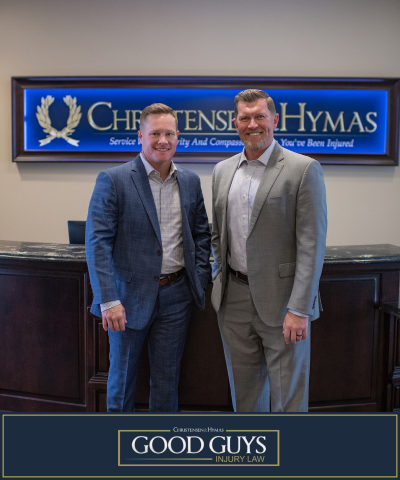
Gun accidents can cause serious harm, even when no one meant for it to happen. Unintentional discharges often occur because of poor handling, lack of maintenance, or defective firearms. These incidents can leave victims with physical injuries, emotional distress, and financial burdens.
Good Guys Injury Law believes every victim deserves justice. We help hold those responsible accountable, whether it’s a manufacturer or someone failing to act as a responsible gun owner. Our experienced lawyers understand the complexities of gun accident cases and work to secure the compensation you deserve.
Proper safety measures and proper firearm training are essential to prevent accidents. However, when accidents happen, we are here to guide you through the legal process. Contact us today for a free consultation. Let us help you recover and move forward after an unintentional discharge causes harm.
